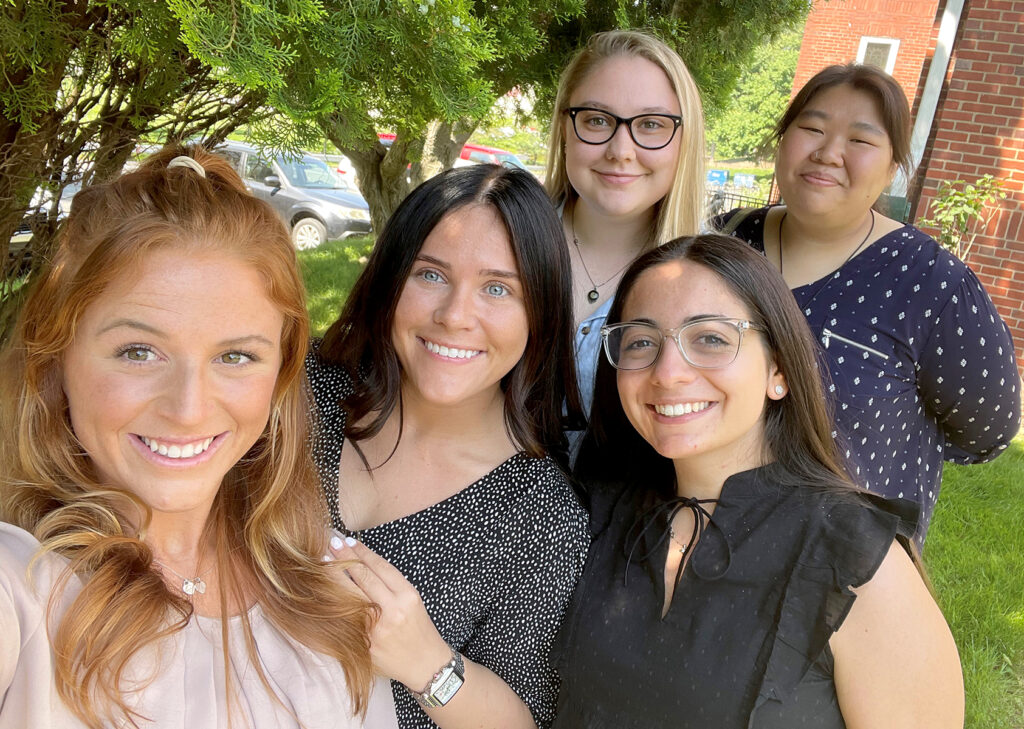Students from seven Mercy colleges and universities gathered in Washington, D.C., May 31-June 3, for the Mercy DC Justice Advocacy program developed by Conference for Mercy Higher Education (CMHE) and the Sisters of Mercy Institute Justice Team. Students, faculty and staff focused on the Sisters of Mercy’s critical concern of Earth. The 2022 Mercy DC Justice Advocacy Program had three primary goals: connect students more deeply with Mercy traditions and values, particularly the critical concern of Earth; equip students to advocate for just policies with respect to the climate emergency and care for vulnerable people, communities and cultures; provide skills for in-person meetings with Congressional legislative staff.
By Amanda Ricci, student, Georgian Court University, New Jersey
Making the decision to travel to Washington D.C. and advocate for climate policy was far and beyond my comfort zone but was the leap of faith I needed. Engaging in advocacy trainings and putting those learned skills into action was certainly anxiety-provoking but entirely worth it in the end. Not only did I find my voice to address environmental concerns, but I learned how to do so through a Mercy lens. I and the other students focused our attention on environmental legislation that centers on communities that are most at harm, respects human rights and integrity of all, and protects ecosystems.
This resonated with me as a future social worker, and particularly my desire to develop an equitable and compassionate society. As a social work student at a Mercy university, I feel called to Mercy to respect the well-being of our planet and all it offers us. My connection with the Earth as well as my admiration for its diversity served an integral role in my decision to participate in a faith-based justice program that addresses climate change. Although I am not as knowledgeable in the science field, my social work education provided me with an alternative approach to our lobbying visits.

My peers and I were able to address the impacts of climate change on individuals and communities with a lower socioeconomic status. Particularly, we discussed the future impacts of exposure to poor environmental conditions in living spaces, as well as how immigrants and the homeless population are more susceptible to these impacts. Being interested in social work, I feel called to Mercy every day, and willing to say yes to any opportunity to be a voice for and to serve those in need.
Once my peers and I finished discussing our concerns with our state representatives, I immediately felt inclined to continue the fight for environmental solutions both on and off my college campus. To live out my vows as both a child of God and a social worker, I must not only contribute to charity, but fight for justice, which thrives through our advocacy work. As I continue my advocacy journey, I will always remember this first lobby visit and how that personally taught me the importance of mercy in working through the critical concerns of the Sisters of Mercy.